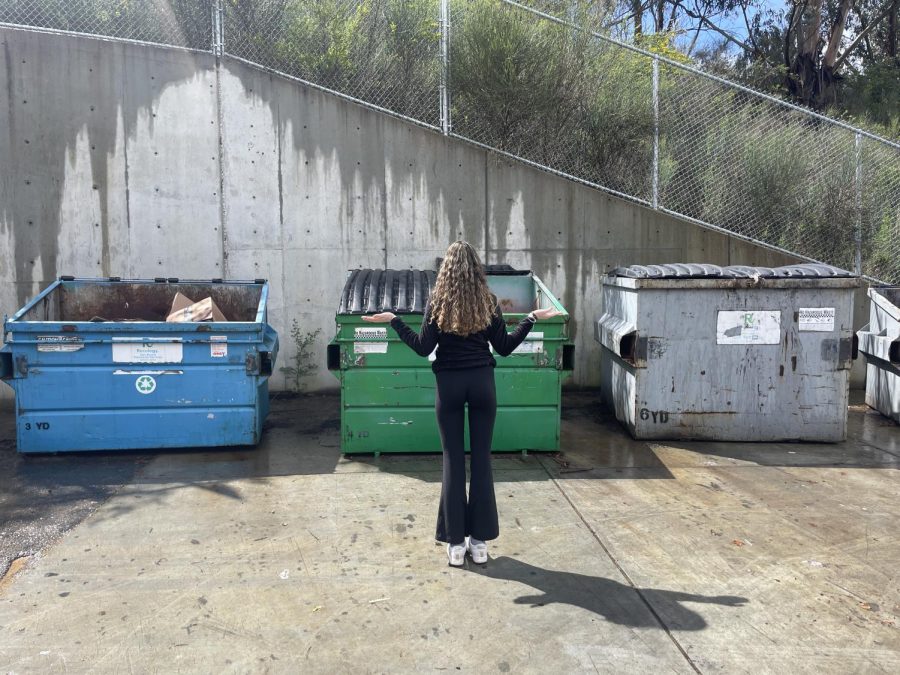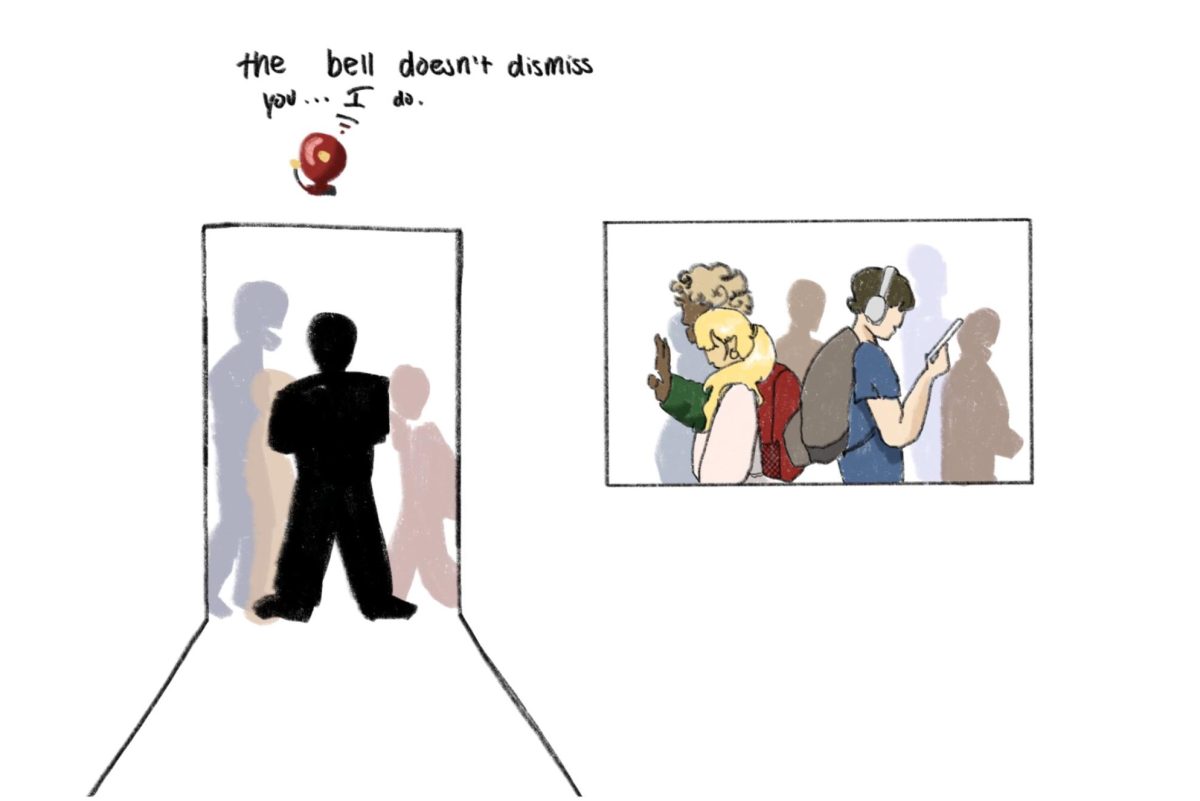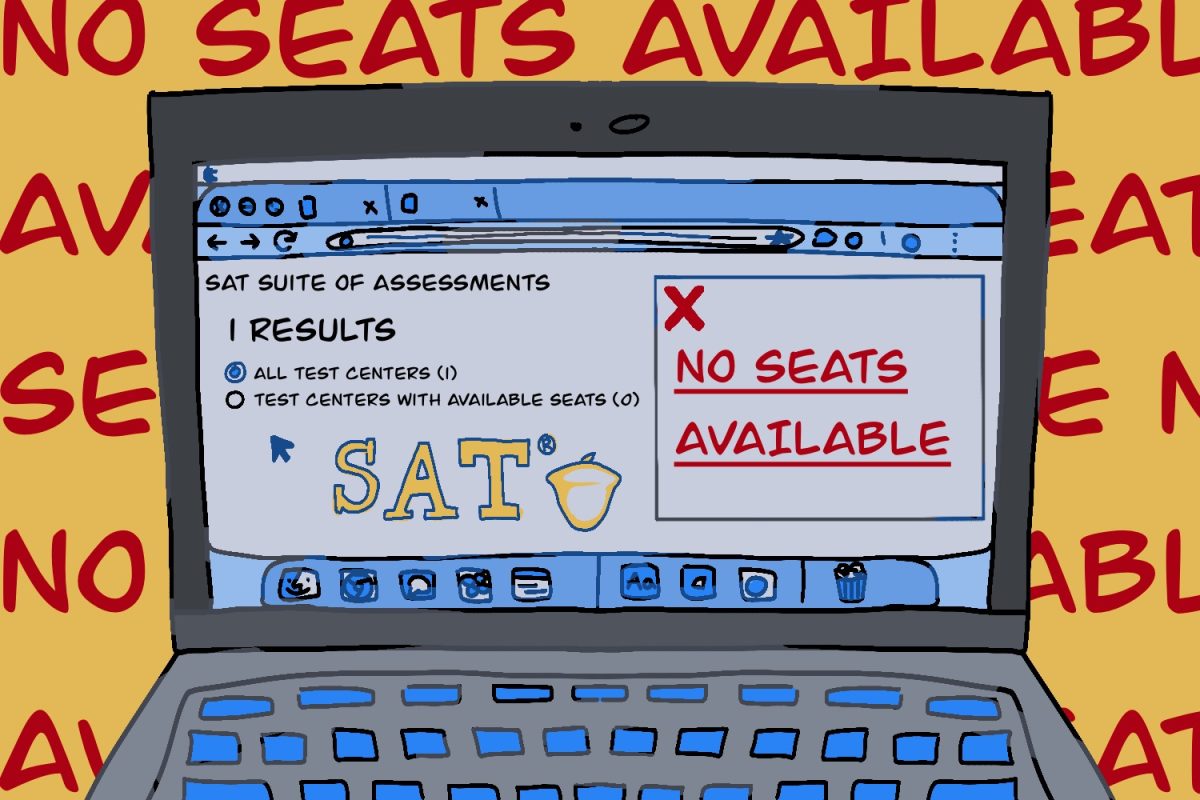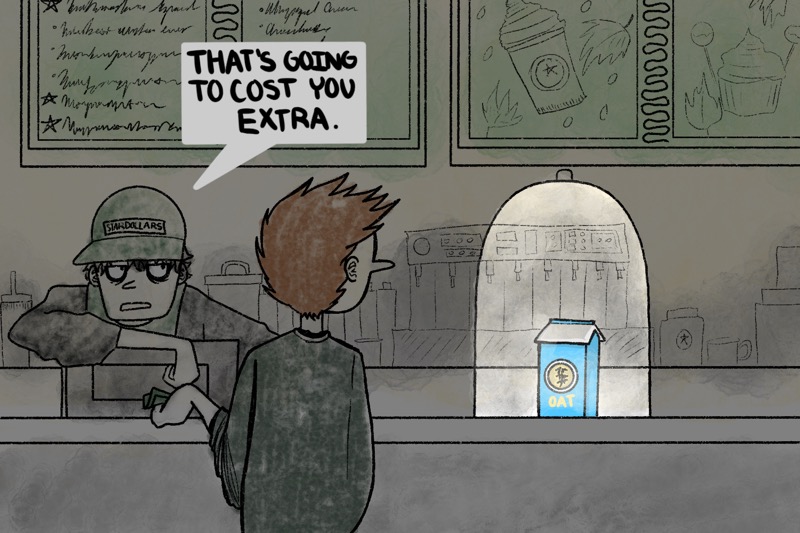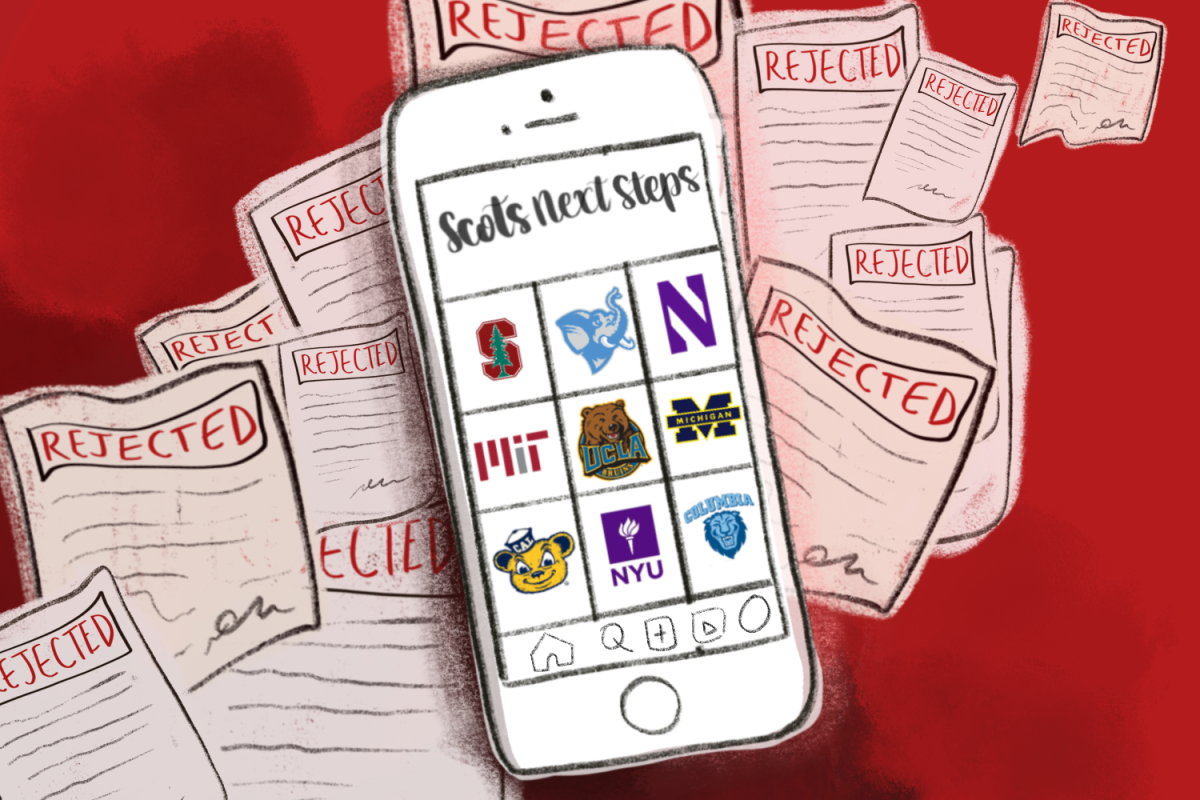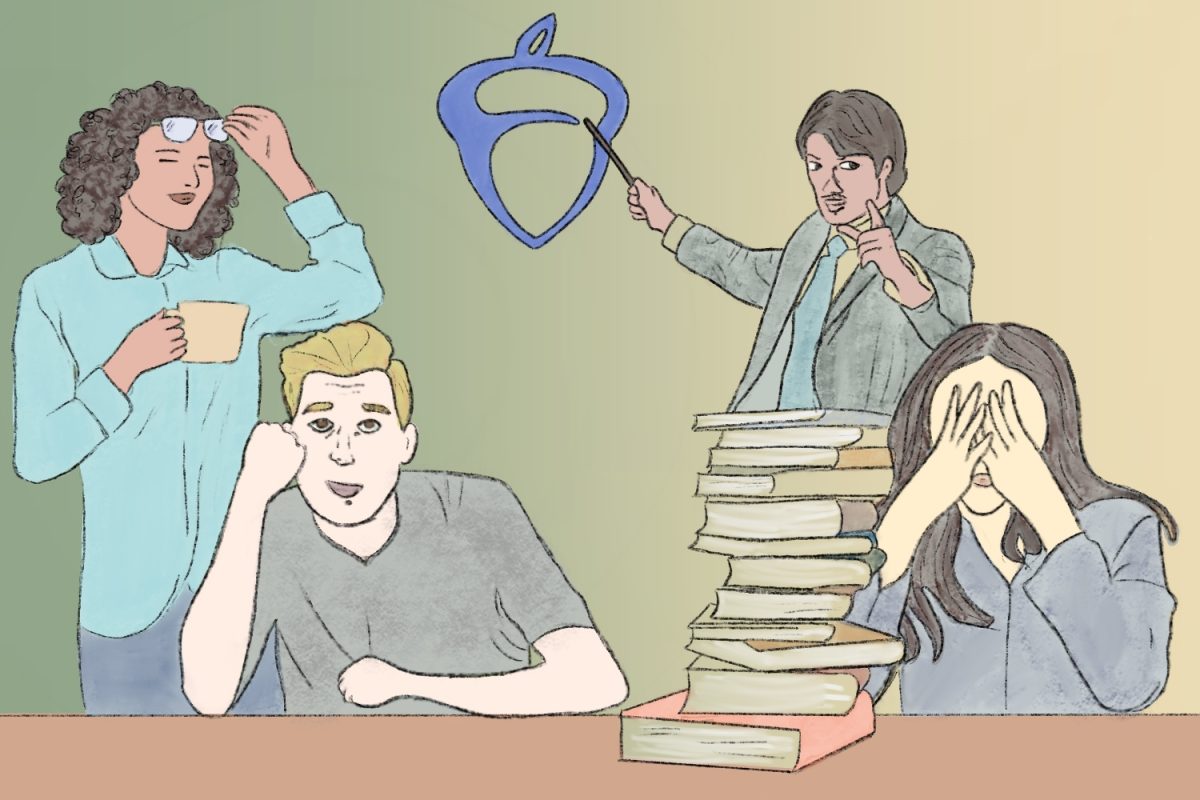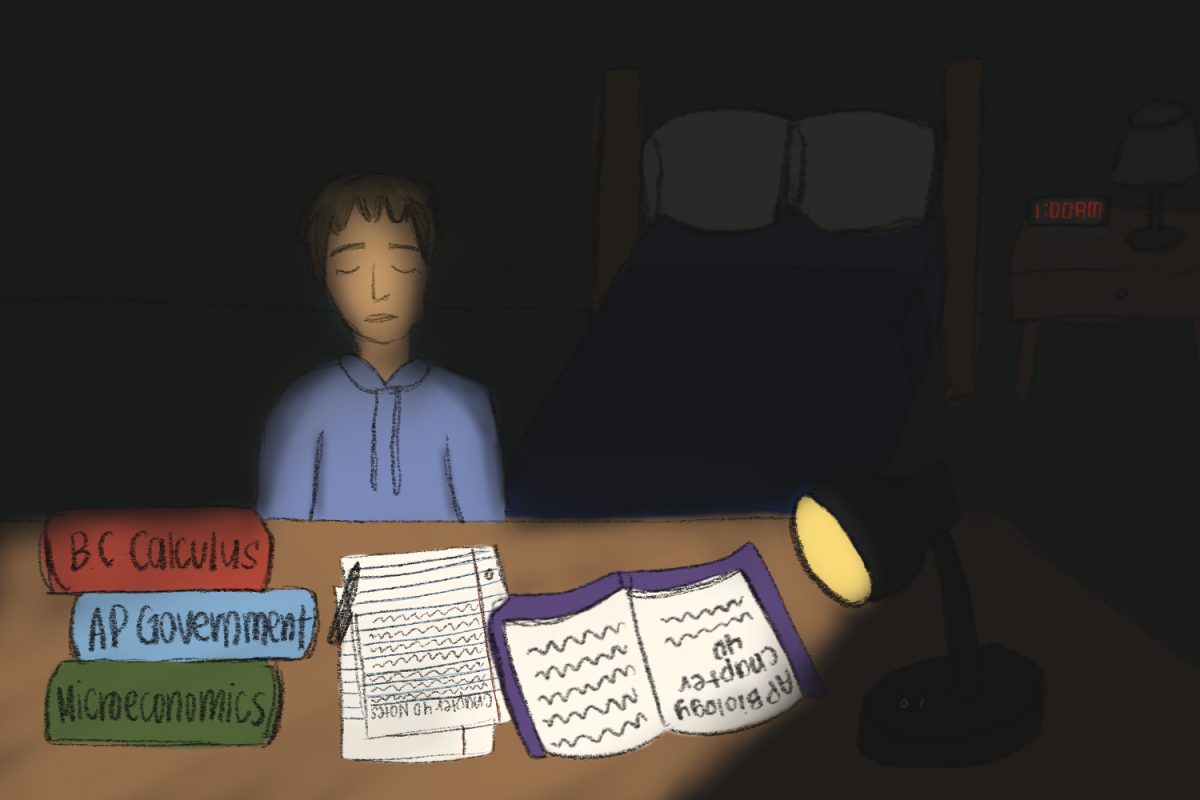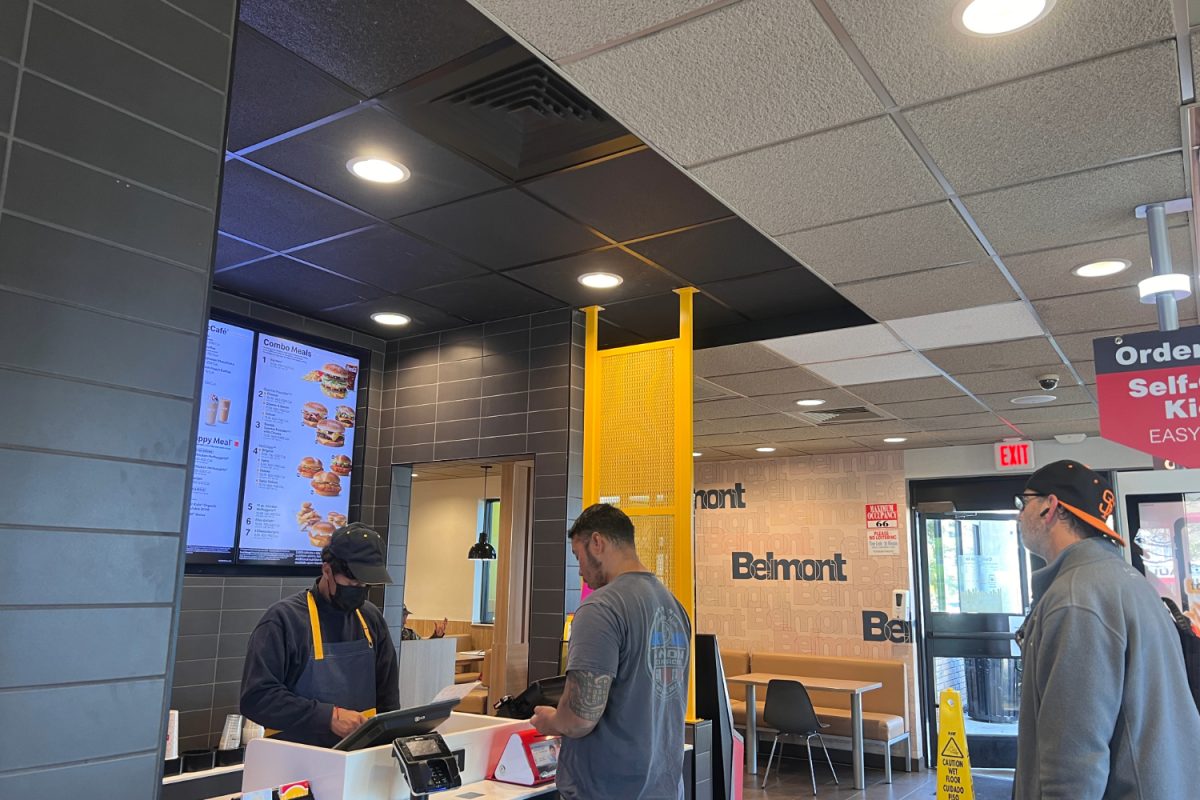Recycling has long been touted as a solution to our planet’s growing waste problem, but as markets for used paper and plastics have dried up, overconsumption looms as something problematic. According to the United States Environmental Protection Agency, Americans generate just under 300 million tons of waste each year. Of this waste, under a third of it gets recycled.
Historically, much of the plastic that was recycled in the U.S. was shipped to China, but according to the World Trade Organization, China no longer accepts most of our recycling, including mixed paper and most plastics. Now, waste management companies across the country are scrambling to find new markets for their recycling, and in some cases, they’re unable to find one at all. In instances where companies are able to find new markets, they must decide whether to pay significantly higher rates to get rid of recycling or simply send it to landfills.
Recycling requires energy and resources to transport, sort, and process, and even when plastic does get recycled, it is downcycled, meaning it becomes less and less useful every time, eventually becoming so flimsy that it can no longer be recycled. Recycling gives consumers the false notion that recycling negates their consumption.
This new reality has highlighted the fact that recycling is not a sustainable solution to our waste problem. We need to focus on reducing our consumption of single-use items and finding ways to reuse products instead.
While there are plenty of companies that want to sell environmentally-friendly products, buying even more goods is not a realistic strategy. Long-term changes require a shift in thinking, not purchasing a new item, even if it is biodegradable. More concerningly, some companies are guilty of greenwashing–making it falsely appear that their products have a neutral, or even favorable, environmental impact in order to prey on environmentally-conscious consumers.
Sustainable choices are not nearly as exciting and far less lucrative; sustainability means embracing things like reusable water bottles, cloth shopping bags, washable lunch containers, secondhand clothing, and homemade meals.
Furthermore, we need to acknowledge that the responsibility for reducing waste cannot fall solely on the individual. We need systemic change to make sustainable choices more accessible and affordable for everyone.
The rapidly dwindling market for recycled materials has exposed the limitations of the recycling process. The real issue is overconsumption, and until we address that, we will continue to generate more waste than our earth can handle.
*This editorial reflects the views of the Scot Scoop Editorial Board and was written by Charlotte Gordon.
The Editorial Board voted 6 in agreement, 5 somewhat in agreement, and 3 refrained from voting. 2 members have been added to the Editorial Board voting pool (Urvi Kulkarni and Aimee Teyssier) and their voting powers are reflected in the tally.

